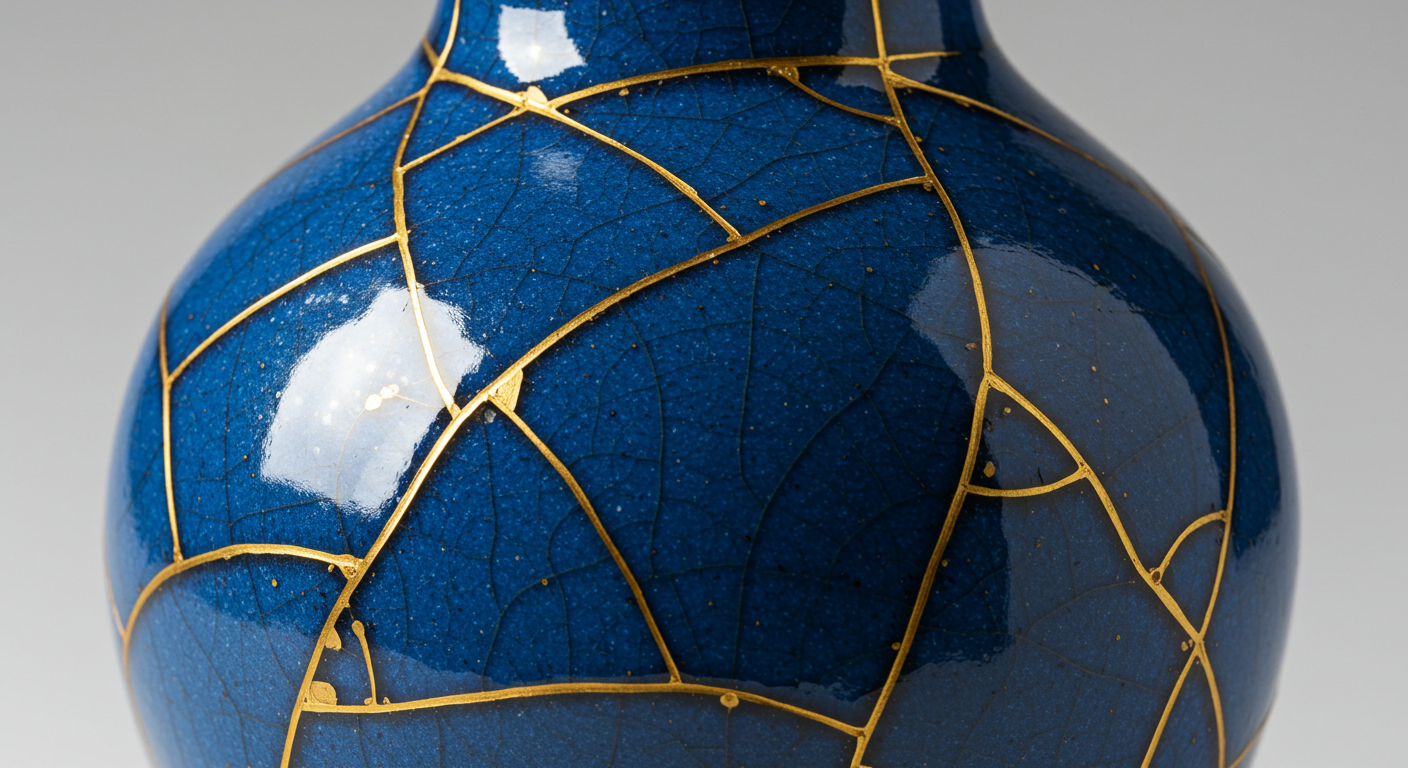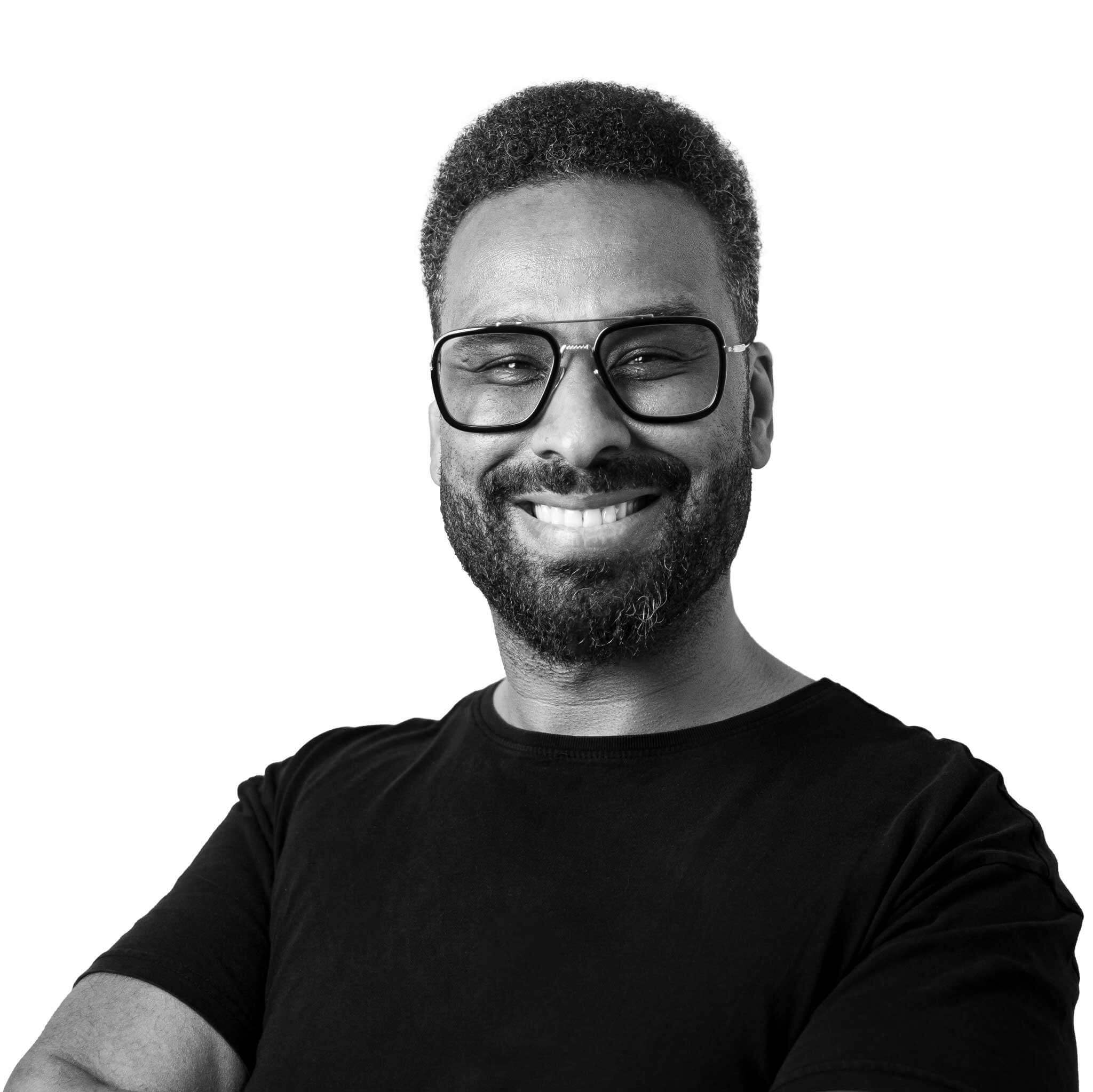The DEI Hype is Over. Now the Real Work Can Begin
7-Sep-2025 10:00:00 AM • Written by: Mohamed Hamad

Just a few years ago, DEI—Diversity, Equity, and Inclusion—was the talk of the corporate world. It was a buzzword on every leader's lips, a line item in every budget, and a key pillar in countless strategic plans. Companies were racing to prove their commitment.
Now, in the political climate of 2025, the conversation has changed. For some, the term has become sensitive, even taboo. The initial flurry of activity has quieted down, and the public declarations have become more cautious.
But here’s the thing: the need for this work hasn’t gone away. In fact, it's more critical than ever. The real challenge was never about adopting a buzzword; it was about institutionalizing a culture. It’s about building a workplace where women, people of colour, Indigenous peoples, 2SLGBTQIA+ individuals, and neurodivergent people don’t just have a seat at the table, but have their voices heard, valued, and respected.
And that is hard, uncomfortable, and deeply necessary work.
Culture is Built on Human Connection
It’s easy to fall back on old habits. We all carry our own biases, shaped by our upbringing, our cultural influences, and the systems we’ve operated in.
I’m East African, born in West Asia to Muslim parents, grew up in New Zealand, and now live in Canada. Each of those places has left its mark on me, layering cultural traits and ways of thinking that I’m still unpacking.
Building an inclusive culture means actively working against those ingrained ideas, both in ourselves and in our organizations. It requires a level of self-awareness and empathy that can’t be taught in a single workshop.
This isn’t about policies and quotas; it’s about people. It’s about learning to listen with intent, to catch ourselves before we speak, and to create an environment where challenging conversations can happen without fear of retribution. This personal work of unlearning and connecting is a universal challenge, one that transcends corporate mandates.
In a recent webinar I hosted, JEDI consultant Julie Savaria framed this perfectly, arguing that these aren't specialized corporate skills, but fundamental human ones.
"I don't believe that DEI should have its own thing. Eventually... It has to be embedded everywhere. It's not a skill set like marketing or finance... It's all human skills."
- Julie Savaria
When we see this work through the lens of "human skills," it changes everything. It’s no longer a top-down initiative; it’s a personal and collective responsibility to learn how to connect with and respect each other better.
Designing an Environment for Change
While we can’t force an individual to change their beliefs, we can design an environment that encourages and supports inclusive behaviour. You can't change a person's core, but you can influence their actions within the workplace.
This is what it means to "institutionalize" inclusion. It’s about building systems and processes that make equity the default, not the exception. This looks like:
- Shifting our language: Moving away from exclusionary or aggressive terms in our daily communication.
- Rethinking our processes: Are our hiring practices, promotion criteria, and feedback mechanisms truly equitable?
- Creating accountable spaces: Fostering environments where people can speak up, make mistakes, and learn from them without being shut down.
Fostering Accountability, Not Just Safety
A key part of this is moving beyond the idea of "safe spaces." A safe space often implies a promise of comfort, a place where you can speak without consequence or challenge. But real growth doesn't happen in a vacuum. Instead, we should aim to create accountable spaces.
In an accountable space, people are encouraged to speak their minds, but they are also expected to listen, learn, and be open to being challenged. It’s an environment built on mutual respect, where the goal isn't to avoid discomfort but to use it as a catalyst for learning and growth. It’s where we can hold each other accountable, not in a punitive way, but in the spirit of becoming better together.
This isn’t a quick fix. It’s a long-term commitment to redesigning the very fabric of an organization. It’s a process that can take, as Julie mentioned, up to eight to ten years of sustained effort.
"For an organization to be actually equitable and actually inclusive, it takes up to eight to ten years. And that's if you really put like 95% of your resources into it. So it takes time. So we have to be patient."
- Julie Savaria
While that timeline can feel daunting, it doesn't mean you won't see tangible, on-the-ground results much sooner. Every journey starts somewhere, and the key is to start now. This is a work in progress, and taking that first step is the most important part.
Final Thoughts
As a Black man running a business, I’ve always tried my best to create an open and inclusive space for my employees. But I'll be the first to admit it's a struggle. There have been times I’ve had to work hard to get past my own biases and background, and situations have come up that I wasn't prepared for. Life and business are constantly throwing curveballs, and you don’t always get it right.
But the fundamental part is the trying and the learning. And you can’t learn if you don’t practice what you preach.
So, where do you start? You find out where you are now. Talk to your team. Include them in conversations about how to make things better. Acknowledge that you don't have all the answers. And maybe, get some outside help from a consultant like Julie Savaria who can guide you through the process. The work is never finished, but it’s always worth starting.
Watch the Webinar with Julie Savaria
Masla Empathy Lab
Need help with JEDI work in your organization?
Mohamed Hamad
Mohamed Hamad is the founder of Third Wunder, a Montreal-based digital marketing agency, with 15 years of experience in web development, digital marketing, and entrepreneurship. Through his blog, "Thought Strings", he shares insights on digital marketing and design trends, and the lessons learned from his entrepreneurial journey, aiming to inspire and educate fellow professionals and enthusiasts alike.
